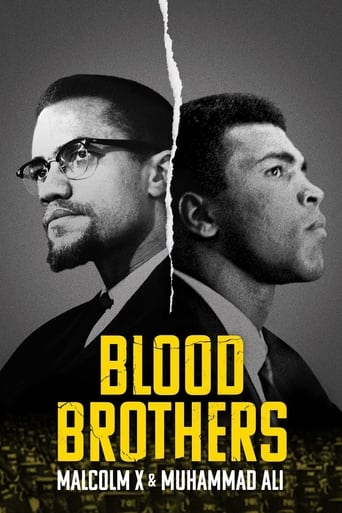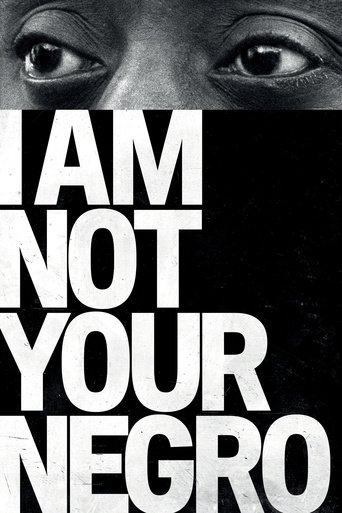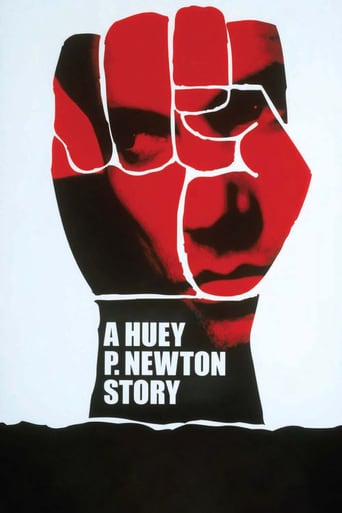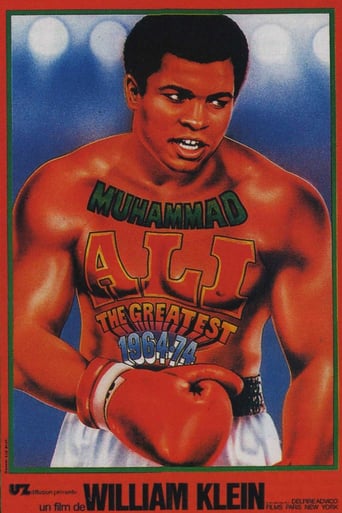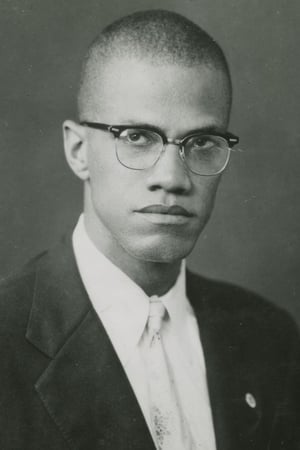
Malcolm X
Birthday: 1925-05-19
Place of Birth: Omaha, Nebraska, USA
Synopsis
Malcolm X ( May 19, 1925 – February 21, 1965), born Malcolm Little and also known as El-Hajj Malik El-Shabazz was an African-American Muslim minister, public speaker, and human rights activist.To his admirers, he was a courageous advocate for the rights of African Americans, a man who indicted white America in the harshest terms for its crimes against black Americans. His detractors accused him of preaching racism, black supremacy, antisemitism, and violence. He has been called one of the greatest and most influential African Americans in history, and in 1998, Time named The Autobiography of Malcolm X one of the ten most influential nonfiction books of the 20th century.
Malcolm X was born in Omaha, Nebraska. The events of his childhood, including his father's lessons concerning black pride and self-reliance, and his own experiences concerning race played a significant role in Malcolm X's adult life. By the time he was thirteen, his father had died and his mother had been committed to a mental hospital. After living in a series of foster homes, Malcolm X became involved in a number of criminal activities in Boston and New York City. In 1946, Malcolm X was sentenced to eight to ten years in prison.
While in prison, Malcolm X became a member of the Nation of Islam, and after his parole in 1952 he became one of the Nation's leaders and chief spokesmen. For nearly a dozen years he was the public face of the controversial group. Tension between Malcolm X and Elijah Muhammad, head of the Nation of Islam, led to Malcolm X's quitting the organization in March 1964. He subsequently traveled extensively throughout Africa and the Middle East and founded Muslim Mosque, Inc., a religious organization, and the secular Organization of Afro-American Unity, which advocated Pan-Africanism. Less than a year after he left the Nation of Islam, Malcolm X was assassinated by three members of the group while giving a speech in New York.
The beliefs expressed by Malcolm X changed during his lifetime. As a spokesman for the Nation of Islam he taught black supremacy and deified the leaders of the organization. He also advocated the separation of black and white Americans, which put him at odds with the civil rights movement, which was working towards integration. After he left the Nation of Islam in 1964, Malcolm X became a Sunni Muslim, made the pilgrimage to Mecca and disavowed racism, while remaining a champion of black self-determination, self defense, and human rights. He expressed a willingness to work with civil rights leaders and described his previous position with the Nation of Islam as that of a "zombie".
Description above from the Wikipedia article Malcolm X, licensed under CC-BY-SA, full list of contributors on Wikipedia.
Acting

Muhammad Ali
as Self (archive footage)
Muhammad Ali brings to life the iconic heavyweight boxing champion who became an inspiration to people everywhere.

De Cabral a George Floyd: Onde Arde o Fogo Sagrado da Liberdade
as Self
Through clippings, the film draws a narrative line between the construction of racism in Brazil and the United States, having as base the European invasion of the continent, police violence, the genocide of the black people, the massacre of indigenous peoples, religious violence, the criminalization of funk music, structural racism in art and education, the importance of quota policy and the need urgent historical repair as a commitment by the Brazilian state to the black people.
![]()
Barney's Wall
as Himself (archival footage)
What makes a rebel? This 78 minute documentary probes the psyche of bad-boy publisher and free speech warrior Barney Rosset, whose mid-century legal and cultural battles smashed sexual and political taboos in the United States — unleashing the counter-culture of the 1960s and introducing millions of young intellectuals to the most radical currents in literature, film, theater and politics. In his late eighties, coming to terms with his life, Barney Rosset began to obsessively sculpt an autobiographical 15′ x 22′ surreal wall mural, embedded with jewel-like vignettes crafted out of found objects, each a clue to the conflicts and obsessions that drove Barney’s lifetime rebellion against authority. A cast of artists, a neurologist, and a shaman connect the clues and piece together Barney’s life.
![]()
Mike Wallace Is Here
as Self (archive footage)
For over half a century, 60 Minutes' fearsome newsman Mike Wallace went head-to-head with the world's most influential figures. Relying exclusively on archival footage, the film interrogates the interrogator, tracking Wallace's storied career and troubled personal life while unpacking how broadcast journalism evolved to today’s precarious tipping point.
![]()
I Am Not Your Negro
as Self (archive footage)
Working from the text of James Baldwin’s unfinished final novel, director Raoul Peck creates a meditation on what it means to be Black in the United States.
![]()
A Huey P. Newton Story
as Self (archive footage) (uncredited)
The story of how the radical Huey P. Newton developed the Black Panther Party based on his 10-point program for social reform.
![]()
Muhammad Ali: The Greatest
as Self (archive footage)
Universally accepted as a true icon of the 20th century, Muhammad Ali’s phenomenal achievements spanned sport, politics and religion. One man – photographer William Klein had comprehensive access to the events that shaped Ali’s legend. In 1964, the young gregarious Cassius Clay successfully defeated the seemingly invincible Heavyweight Champion of the World Sonny Liston – the manner of Clay’s victory and his amazing persona made him an instant superstar. Through this incredible period, and Clay’s subsequent rematches with Liston, William Klein enjoyed unrivalled access top Clay’s camp – witnessing at first hand Cassius Clay becoming Muhammad Ali and angering the American people with his allegiance to Islam. Forward to Zaire 1974, and the return of Muhammad Ali to the world stage to face another invincible champion George Foreman. As Ali reclaimed the crown for a second time, Klein was ever present, capturing the full story at close quarter.

